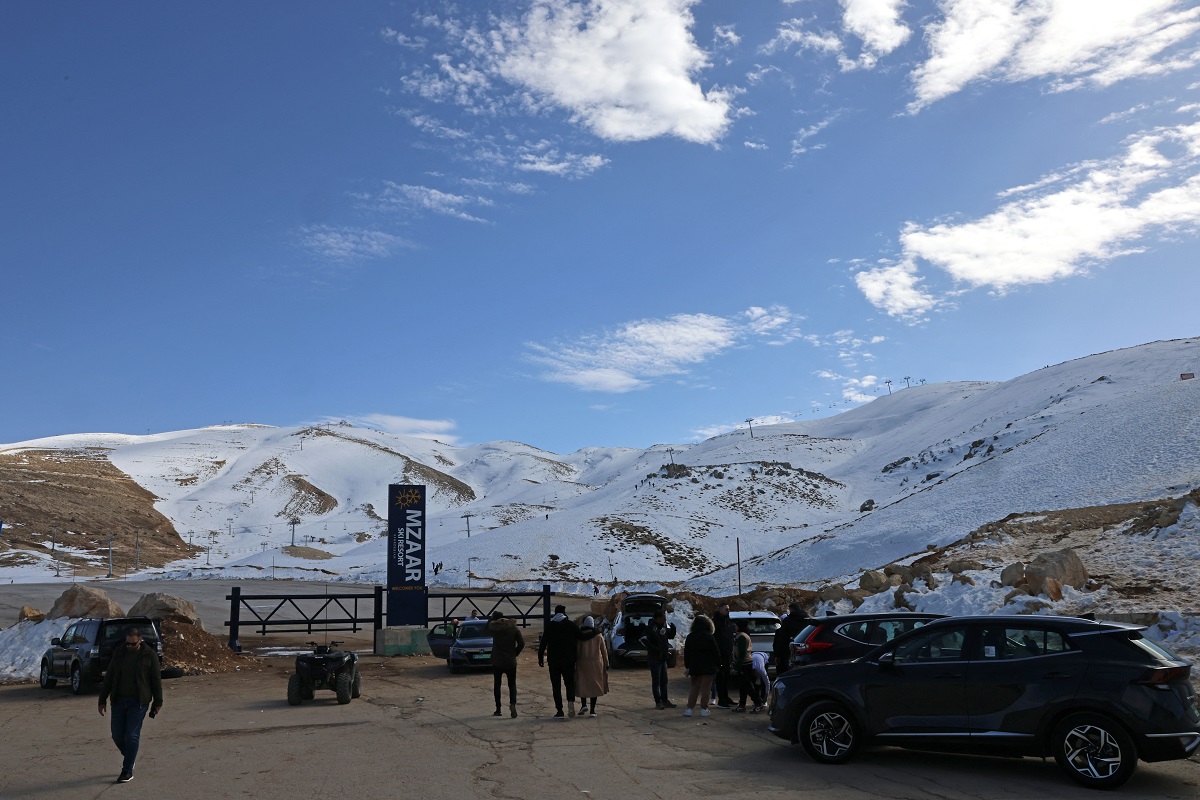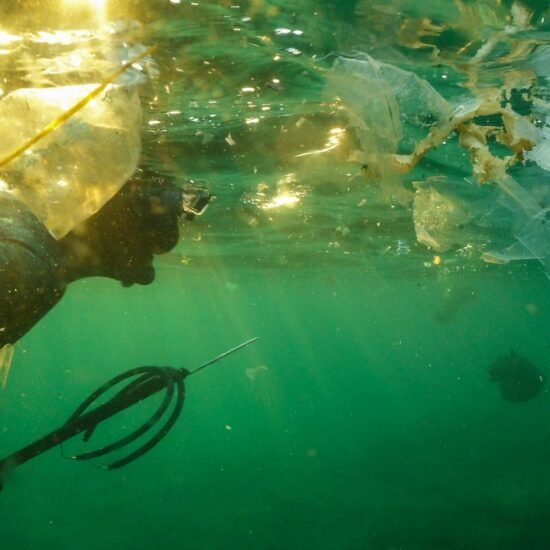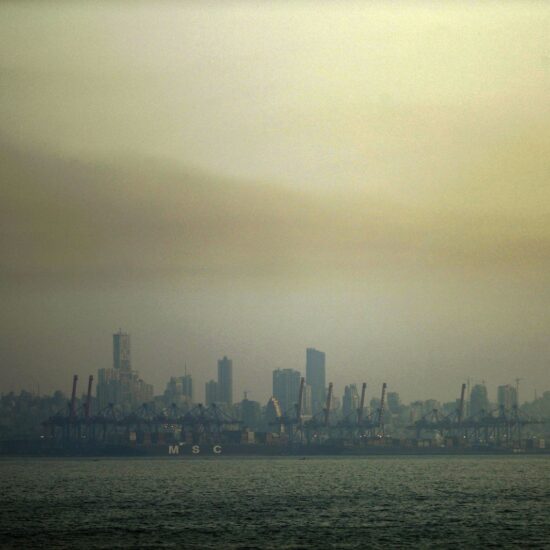
As warmer winters and diminished snowfall loom, Lebanon's ski resorts and dependent industries face an uncertain future amidst environmental and political challenges.
Tourist businesses and skiers are hoping that the short winter and its warmth do not signal troubling times ahead for the Arab region’s only ski slopes. Lebanon’s environmental ministry has warned of risks like rising sea levels, decreased rainfall, severe droughts, and other natural disasters such as floods, which could particularly affect sectors reliant on agriculture and tourism.
Amid political turmoil and limited resources, it’s challenging for many to prioritize the issue of climate change. “Lebanon’s appeal and skiing activities might decline due to less snow, but so too may our rivers and groundwater sources, which rely on snow melting later in the spring to provide irrigation water during the critical summer months for farmers,” said an expert.
The Ministry of Tourism notes on its website that Lebanon offers the unique experience of skiing in the morning and swimming in the Mediterranean in the afternoon, showcasing the country’s diverse attractions now threatened by climate change.
Near the ski resorts, restaurants and hotels are eagerly awaiting snow, not just for the lopes but also as a means to attract more people to support their businesses. “Many in Lebanon have noticed drying streams, unusual heatwaves, and changing rain and snow patterns in recent decades, all reflecting the current state of climate change,” Joe Ghanem, a climate and natural resources conservation expert, told NOW.
Tourism, a vital source of revenue for many local businesses, depends heavily on climate conditions. “What is a summer without sun, a winter holiday without snow? It’s a significant factor that influences tourists’ motivation and satisfaction,” said Ghanem.
Employees at ski resorts were preparing to start the season by late November and early December. However, last year the season started at the end of January, and this year it was unclear until last week when resorts began to welcome skiers. For experts like Ghanem, the snow from the current storm might not be enough for a long skiing season.
With the spring-like temperatures, many businesses, including restaurants, souvenir shops, ski stations, and ski-lift operators, are nearly empty, leaving hundreds of employees who rely heavily on this period for their income in a precarious situation.
Lebanon is known for its ski resorts, which are interspersed with numerous slopes and centers catering to skiers and snowboarders of varying skills, alongside activities for those without skiing skills.
The country has six ski resorts with groomed slopes, known as The Cedars, Laqlouq, Mzaar Kfardebian, Faqra, Qanat Bakish, and Zaarour, catering to all levels of skiers and snowboarders.
Walid Baino, head of the media and marketing committee in Kafardbian municipality, lamented the delayed ski season due to climate change, noting that in previous years, the season ran from December to February. “There are about 20 hotels and 45 restaurants in Kafardebian, depending on the ski season to continue,” he noted.
The delay in the ski season has slowed economic activity in the region. Baino mentioned that hotels were previously fully booked from November, but so far, bookings at one of the area’s most important hotels have not reached 40% due to the lack of snow.
The absence of snow in Lebanon is not the only deterrent for winter tourists; the ongoing conflict in southern Lebanon has led to travel warnings from dozens of embassies, further complicating the situation for hotel and ski resort owners.
Lebanon’s mountainous climate and nature make it a destination for skiing enthusiasts, with areas like Faria attracting Arab, foreign, and Lebanese skiers alike with high-level facilities.
If ski resorts like Mzaar were operational during the Christmas period, they would likely attract many expatriates visiting for the holidays. However, the growing security instability in Lebanon, particularly with rising tensions along the southern borders, is expected to reduce ticket sales, according to Ralph Hanna, a ski instructor offering private lessons in Lebanon and Switzerland. Hanna noted that while he usually has a regular clientele of skiers, this year’s potential visitors are discouraged.
The impact of climate change in Lebanon is evident, with rising temperatures leading to milder winters and hotter summers. Last year, temperatures exceeded 40°C, a phenomenon more common in Gulf countries.
Ghanem suggests that ski resorts should diversify their offerings with sustainable activities available year-round, not just during winter. These could include eco-friendly options like mini-golf, donkey rides, clay pigeon shooting, and outdoor pools for relaxation, as well as more traditional motorized activities, to cater to a broader audience and reduce their reliance on seasonal variations.








